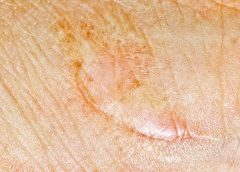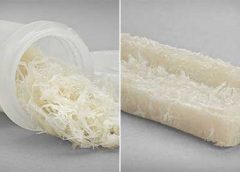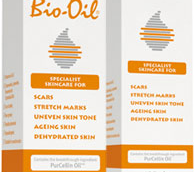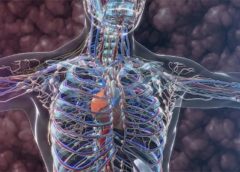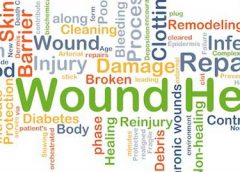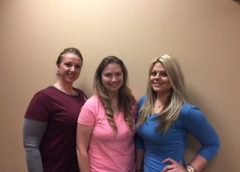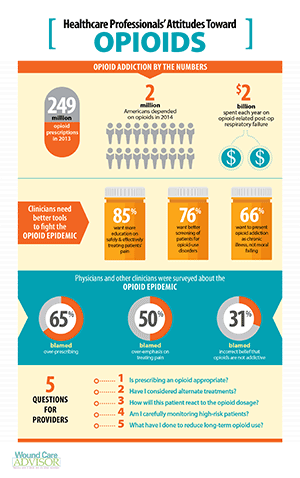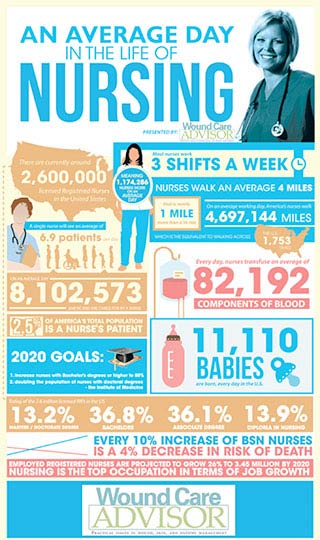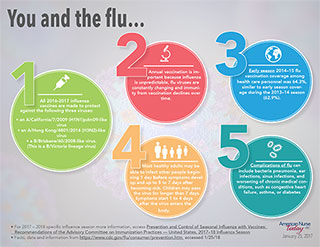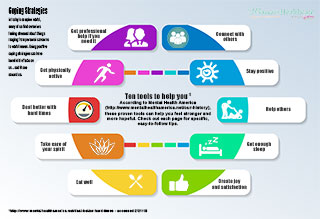Scars are a particularly sore subject for most people. Not only are they aesthetically unpleasing, but some of them can prove painful. That’s why research into minimizing the appearance of scars continues to be a central priority of wound care-related research. In the last several months alone, there have been quite a few exciting such breakthroughs. (more…)
Read MoreSearch Results for: p
AlloFuse® Select CM Supports Your Patient’s Healing
AlloFuse® Select CM – clinically proven to activate and support bone formation and can be used in a variety of spinal, neurologic, and orthopedic procedures.
AlloSource, one of the nation’s largest providers of cartilage, bone, skin, soft-tissue, and cellular allografts to advance patient healing in surgical procedures and wound care, today announced the release of AlloFuse® Select CM, a premium addition to AlloSource’s AlloFuse portfolio. (more…)
Read MoreBio-Oil helps self-care for wounds
Minimize scarring through new patient booklet.
A new patient resource has launched in the UK offering primary care healthcare professionals (HCPs) the opportunity to help patients self-care for their wounds and minimise scarring.
The new patient booklet resource, ‘Supporting you to care for wounds and to minimise scarring’, created with help from expert Dermatologist, Justine Hextall, and supported by Bio-Oil, has been developed following research demonstrating the the frequency that HCP’s are required to provide support to patients in primary care, with one in five (20%) being asked for advice on a weekly basis. (more…)
Read MoreAntibiotic use in pressure injury infections
Antibiotic overuse contributes to the problems of antibiotic resistance and healthcare acquired infections, such as Clostridium difficile. Antibiotic stewardship programs improve patient outcomes, reduce antimicrobial resistance, and save money. These programs are designed to ensure patients receive the right antibiotic, at the right dose, at the right time, and for the right duration. (more…)
Read MoreNYU docs are using machine learning to stop a stealthy disease before it’s too late
Researchers at NYU’s Tandon School of Engineering have teamed up with those from the university’s Rory Meyers College of Nursing to develop a machine-learning algorithm that could help detect a lymphatic system disease before doctors are able to.
There is no cure for lymphedema, only physical exercises that can keep the symptoms in check. (more…)
Read MoreNew Approach to Wound Healing Easy on Skin, Tough on Bacteria
Washington, D.C. — In a presentation to the American Chemical Society meeting, Ankit Agarwal, a postdoctoral researcher at the University of Wisconsin-Madison, described an experimental approach to wound healing that could take advantage of silver’s anti-bacterial properties, while sidestepping the damage silver can cause to cells needed for healing.
Silver is widely used to prevent bacterial contamination in wound dressings, says Agarwal, “but these dressings deliver a very large load of silver, and that can kill a lot of cells in the wound.” (more…)
Read MoreDragon blood may help wounds heal faster
A new study has identified a peptide, derived from the Komodo dragon, called VK25, which can be synthesized and used as an antimicrobial peptide to promote wound healing.
The new research has identified (see below) a peptide found from the Komodo dragon (Varanus komodoensis), called VK25, which appears to be useful as a cationic antimicrobial peptide (CAMP). There is currently considerable interest in antimicrobial peptides in a world where antibiotic effectiveness is in decline. These peptides are potent, broad spectrum antibiotics which demonstrate potential as novel therapeutic agents. (more…)
Read MoreMeeting the nutritional needs of elderly cancer patients
Although it is described as “one of society’s greatest achievements,” with the aging population, cancer incidence is expected to accelerate rapidly, as 50% of cancer occurs within this age group.(1)
Nutrition therapy is a crucial component of cancer care. Early and continuous nutrition management is necessary to avoid malnutrition, as this is associated with poor clinical outcomes.(2) Often, the elderly already face chronic comorbid conditions, such as high blood pressure, heart disease, lung disease, diabetes, kidney disease, bone disease and arthritis, further complicating their care.(3) (more…)
Read MoreGlobal wound care dressings industry illuminated by new report
Three registered nurses pass National Wound Care course
Three registered nurses (RN) at Panhandle Home Health have passed the National Wound Care & Ostomy Certification Course & Exam (WCC) as part of Panhandle Home Health’s Wound Care Initiative, started in 2013 with a single WCC-certified RN, Cathy Reifer. In 2015, WISH (Women Investing in Shepherd) awarded their inaugural grant to a regional nonprofit, Panhandle Home Health. This grant of $26,250, along with additional private donations and grants, has allowed thirteen nurses to participate in the intensive, week-long training course. These RNs are prepared to provide specialized consultation and a unique supervisory level of clinical expertise in wound assessment and the specialized care involved for patients. Their training involves differentiation of wound types and the appropriate care; recognizing the effects of cancer, heart disease, diabetes, or COPD on wound healing; understanding care products and their implementation; wound-healing techniques; and patient education. (more…)
Read More
